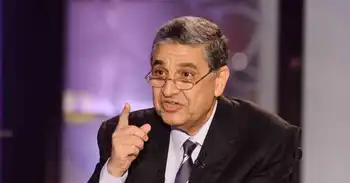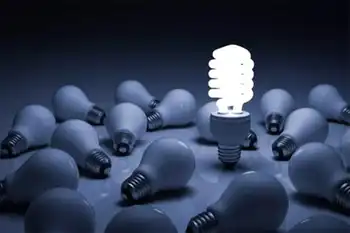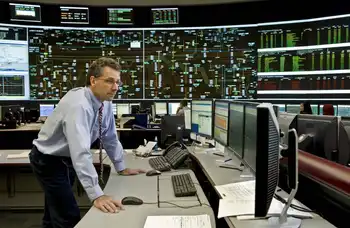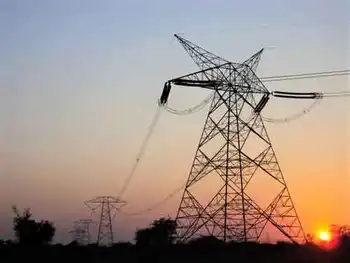FERC conditionally grants incentives for New York transmission line
NEW YORK STATE - The Federal Energy Regulatory Commission (FERC) recently approved incentive rates for the New York Regional Interconnect (NYRI) on condition that the New York State Public Service Commission determines the 190-mile transmission line either ensures reliability or reduces congestion, and approves siting for the project.
"FERC recognizes the need for and promotes greater investment in energy infrastructure to strengthen and improve reliability of the transmission grid," FERC Chairman Joseph T. Kelliher said. "We will only approve incentive rate proposals that satisfy the requirements of the Federal Power Act and our regulations."
The action involves rates for the project. NYRI has not made any requests of FERC for federal siting approval. "That issue properly lies before the New York State Commission, and our approval today rests on the New York State Commission's approval of the proposed project," Kelliher said.
FERC's conditional rate approval includes a 275 basis point, or 2.75 percent, addition to the return on equity (ROE) that will be earned by the company. That incentive includes: 50 basis points for future participation in the New York Independent System Operator, Inc. (NYISO); 100 basis points for forming an independent transmission company (transco); and 125 basis points for a combined transmission and advanced technology incentive.
FERC did not set the base ROE, but said the 2.75 percent adder would be granted "subject to the ROE being within the zone of reasonable returns." This will be determined when NYRI makes a future rate filing under the section 205 of the Federal Power Act. The adders are intended to enable NYRI to attract investment necessary to develop the project.
NYRI is a privately owned corporation that plans to finance, construct and maintain the 190-mile high-voltage line to gain access to New York energy markets within NYISO. NYRI estimates that the cost of the project may reach $2.1 billion; it expects the line to be in service by 2012.
FERC transmission incentive Order No. 679 allows an applicant to seek incentive rates if it can demonstrate that the proposed facilities either ensure reliability or lower the cost of delivered power by reducing transmission congestion. Order No. 679 implements section 1241 of the Energy Policy Act of 2005. That law added a new section 219 to the Federal Power Act that directed FERC to establish incentive-based rate treatments for new transmission construction.
Under FERC policy, the proposed incentive rate must demonstrate a nexus between the incentive sought and investment being made. Evaluation of incentive rate proposals must be fact-specific and rely on the FERC regulations.
"Given that the project proposes to make use of several advanced technologies and given the significant financial risk and regulatory challenges facing the project, the Commission finds that it is just and reasonable to grant a 125 basis point ROE adder, subject to NYRI's ROE being within the zone of reasonable returns," FERC said with respect to the combined transmission and advanced technology incentive.
The project is not routine and meets the requirements to be eligible for incentives under Order No. 679, FERC said. The order notes the scope of the project in terms of "size, investment cost, regulatory involvement, the nature of the facilities, and the project's risks."
FERC dismissed as premature comments related to rate impacts and cost allocations. If the project is approved and NYRI makes a rate filing with FERC, then FERC will evaluate those rate issues.
Related News
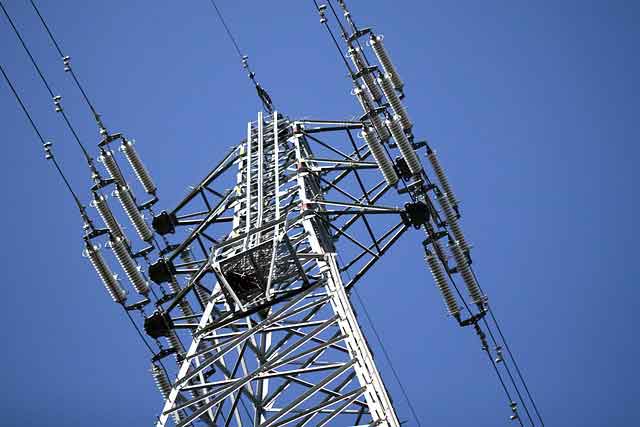
Ford Threatens to Cut U.S. Electricity Exports Amid Trade Tensions
OTTAWA - In a move that underscores the escalating trade tensions between Canada and the United States, Ontario Premier Doug Ford has threatened to halt electricity exports to U.S. states in retaliation for the Trump administration's recent tariffs. This bold stance highlights Ontario's significant role in powering regions across the U.S. and serves as a warning about the potential consequences of trade disputes.
The Leverage of Ontario's Electricity
Ontario's electricity exports are not merely supplementary; they are essential to the energy supply of several U.S. states. The province provides power to approximately 1.5 million homes in states such as New…

